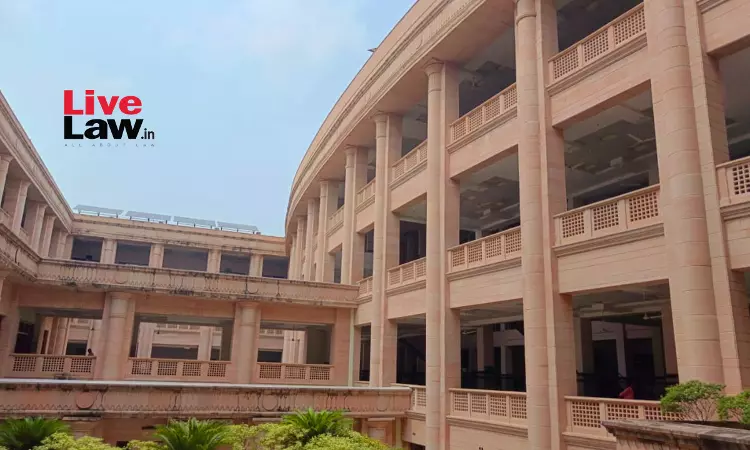Property Where Accused Resides But Does Not Own, Including Rented Premises, Can't Be Attached U/S 83 CrPC: Allahabad HC
Sparsh Upadhyay
25 July 2024 1:29 PM IST

Next Story
25 July 2024 1:29 PM IST
The Allahabad High Court recently clarified that under Section 83 of the CrPC CrPC, only property directly belonging to an accused or owned by him can be attached. The court emphasized that properties where the accused resides but does not own, such as rented residences, are excluded from such attachments. With this observation, a bench of Justice Abdul Moin set aside an order...
